[ad_1]
Prisoner of Lies by Barry Werth
An inspiring story of remarkable fortitude and resilience.
Prisoner of Lies: Jack Downey’s Cold War delves deeply into the life of the courageous, remarkably resilient man who became America’s longest-held POW, released after spending over 20 years imprisoned in what was then called Red China. Nearly all of this time was spent in solitary confinement under constant surveillance and inadequately sheltered from extremes of cold and heat. His captivity spanned nearly the entire Cold War from 1952 until his release in 1973 after the United States officially recognized the mainland Chinese government.
Acclaimed journalist Barry Werth has peeled back layers of deceitful politics, secrecy and government complicity surrounding a botched, compromised mission that sent four young men crashing into Communist China in early 1952. The two pilots died and were buried by a farmer in an unmarked grave. The two junior CIA officers, Richard Fecteau and John (Jack) Downey, Jr were immediately arrested and charged with espionage. For two years all were presumed dead.
Well-Researched Historical Account
This thoroughly researched and well-documented work of nonfiction relates Jack Downey’s story as well as providing a concise history of the Cold War from the Korean “Conflict” through the Joseph McCarthy era of anti-Communist fervor, the Cuban Missile Crisis, the Cultural Revolution in China, the Vietnam War and profound political and social changes in America.
Ironically President Richard M. Nixon, a member of the House Un-American Activities Committee (HUAC) in the late 1940s, was the first US President to make a ground-breaking 7-day diplomatic trip to mainland China in early 1972. Following the January 1973 Paris Peace Accords that ended the Vietnam War, he was also the first to acknowledge that Jack Downey was a CIA agent. Both actions paved the way for his release from an otherwise life sentence.
How a Student Became a Spy
John Thomas Downey, Jr., known as Jack, was born in Connecticut in 1930 to a close-knit, upper-middle-class Irish Catholic family. His grandfather had been a state legislator and his father a Probate Judge. It was a happy, stable childhood until his father died in a car accident when Jack was 8 leaving his mother Mary a widow with three children.
An outstanding student and star athlete in wrestling and football, Jack was awarded a scholarship to the prestigious prep school Choate. He was an active member of several organizations including Choate’s Literary Magazine and The Choate News as well as serving as Class President. Downey received an academic scholarship to Yale University where he also excelled in sports and belonged to St. Anthony Hall/Fraternity of Delta Psi, a social and literary fraternity.
The Central Intelligence Agency, known informally as “The Company” or “The Agency”, formed in 1947 less than two years after the wartime OSS was dissolved, was still quite a small organization during the Korean War. Ivy League and other outstanding colleges were prime recruitment centers for the CIA. The current graduates had been too young to serve in World War II and anti-Communistic fervor ran high. Author Barry Werth estimated as many as 100 Yale Class of 1951 Graduates initially joined although many quickly departed upon discovering employment did not include a convenient draft deferment. Following graduation, Jack patriotically deferred law school to join and remain in the ranks of the CIA.
The Plane Crash That Changed Everything
During his senior year at Yale, even skipping his senior prom, Jack began training with paratroopers at Fort Benning, Georgia and in a secret facility outside of Washington, DC learned essential clandestine operative skills including dead drops. His family and friends were not informed he had joined the CIA and he only vaguely referred to his posting to Asia as being related to the Korean War. He was one of many new recruits sent to a remote secret compound in Japan, the home of Operation Tropic, an ill-fated plan for the CIA to train and create a guerrilla force within China to fight and overthrow the communist government.
Downey was tasked with selecting and training a team of Chinese agents to be air-dropped into southern China. Precise details of this mission, which involved more than one team, are still classified. However, radio contact was received requesting food, supplies and to effect an untested, hazardous “snatch” pickup of a courier behind the lines. The two Chinese crewmen assigned to this operation suddenly fell suspiciously ill and it devolved to Jack Downey and new recruit Dick Fecteau to take their place. Although against official protocol for them to take part in an airdrop, they nevertheless were ordered to perform this risky operation
The 25-year-old Fecteau had only arrived at the base three weeks earlier. Robert Snoddy and Norman Schwartz, both veteran pilots, were ordered to fly the C-47 cargo plane on the night of November 29, 1952. The food and supply parcels were successfully dropped but when the plane circled to carry out the pickup, it was ambushed and brought down by anti-aircraft guns. Downey and Fecteau escaped from the wreckage with cuts and bruises but the worst was yet to come as they were immediately surrounded by Chinese gunmen. In a cruel twist of fate, one of these operatives had been trained by Downey in Japan and promptly identified him as being a CIA agent.
Enduring a Harsh, Cruel Imprisonment
Existing government policy forbade openly acknowledging the identity of spies, no matter the consequences. When the C-47 failed to return, the CIA invented a fictitious cover story which it stood by through four presidential administrations. They issued reports stating a commercial flight between Korea and Japan carrying Defense Department civilian employees Downey and Fecteau, flown by Pilots Schwartz and Snoddy had gone down somewhere over the Sea of Japan.
CIA Director Walter Bedell Smith sent letters informing the families that the men were missing. As China did not notify the USA about the deaths and the capture of the two men, Washington concluded they were all dead and one year later on December 4, 1953 sent follow-up telegrams to the families confirming they were presumed dead.
The prisoners were separated; shackled, cruelly psychologically tortured, sleep deprived, interrogated up to 24 hours per day, inadequately fed and placed in solitary confinement in 5×8 cells lit constantly by a 15-watt bulb. Initially, Jack Downey denied the truth by devising misleading stories. After sixteen days of endless interrogation, fearing even harsher torture and realizing the Chinese agents had identified him at the scene of the crash, he wept when he admitted being a CIA operative.
Surviving the Trial and Long Sentence
Two years elapsed before he and Dick Fecteau saw each other again at a Chinese military tribunal held on November 23, 1954 in a crowded courtroom equipped with cameras and lights. Upon seeing Jack decked out in his new black suit and shoes for the show trial, Dick whispered, “Who’s your tailor” which elicited his first smile since their arrest.
The two Americans and the eight Chinese operatives trained by Downey in Japan all quickly pled guilty. Before sentencing, the judge declared Downey to be “the arch-criminal”. Four of the Chinese prisoners received life sentences while four were sentenced to death. Dick Fecteau received a lighter sentence of 20 years as he was the more junior agent, leaving Jack Downey with a life sentence.
It was back to isolation interspersed by hours of indoctrination by captor Wu, a fluent English speaker and ardent communist, who assured him he would indeed spend the rest of his life in prison. However, Jack Downey was from strong Irish American stock and never fully relinquished hope.
The discipline and determination that had made him a fine athlete and exemplary scholar who did not waste opportunities served him in good stead despite the mind-numbing tedium and disorientation resultant from the isolation inflicted upon him. He kept to a regimented daily routine to stay busy, beginning with the reading of a Bible chapter, followed by tidying his cell, doing calisthenics, running ten miles daily in a small space (58 laps around the small yard equaled 1 mile), and teaching himself Russian and French. Closing his eyes and recalling his studies, reliving sports events play by play along with the rest of his young lifetime of stored memories helped to keep alive the faith that he would one day return home.
America’s Fight for Jack’s Freedom
Following the trial, the Xinhua News Agency announced two American spies had been captured, tried and sentenced which provided notification to the US and by extension the two families that their sons were alive. The US Government issued denials that Downey and Fecteau were spies, claiming they were civilian employees of the US Army. Chinese Premier Zhou Enlai expressed willingness to release the men contingent on two conditions: United States admission they were CIA agents and formal recognition of the Chinese mainland government.
Hard-line anti-communist Secretary of State John Foster Dulles representing the US unequivocally rejected this “blackmail”, would not negotiate with communists and further would not issue passports to American journalists to visit China. In later years, though he seldom granted interviews, Downey did talk about Dulles’ culpability in decisions which extended his incarceration by 16 years.
While prison life was grim, following the news the men were alive they began to receive regular care packages of food, vitamins, approved magazines and books, toiletries, warmer bedding and clothing. Downing’s magazines included Sports Illustrated and the Yale Alumni Magazine. Actual news was limited and sometimes only gleaned from magazine ads as when moon landing collectibles were depicted.
In 1958, Mary Downing and her son Bill were permitted to travel to China to visit Jack for several days. The CIA discreetly made their travel arrangements and again on a subsequent visit years later. After diplomatic relations with Red China were established, Dick Fecteau was released in December, 1971 after 19 years of imprisonment. Jack Downey’s sentence was reduced to time served plus five years.
However, Richard Nixon revealed the governmental mendacity by publicly acknowledging Downey’s CIA connection. Not long after this Mary Downey was hospitalized with a massive stroke and the Chinese Premier agreed to an early release for “humanitarian reasons”. The now 42-year-old Jack Downey was transported first by plane, then train to a border town across from Hong Kong. On the morning of March 12, 1973 he was told to walk across the Lo Wu border bridge into freedom.
Adjusting to and Enjoying Life After Imprisonment
The culture shock of returning to America in 1973 after 21 years absence must have been mind-boggling with fashions and hairstyles representing only the most obvious changes. America now had an interstate highway system with identical fast-food franchise restaurants at every exit. The Red Scare receded and was supplanted by political cynicism.
Jack Downey observed, accepted and was ready to resume his life. He entered law school less than six months after his return and graduated from Harvard Law School in 1976, joining a law firm in New Haven, Connecticut. He also met Audrey Lee, a Chinese American research assistant in Chemistry whom he wed in 1975. They had a son, Jack Lee Downey in 1980.
The CIA’s denial of the botched 1952 mission delayed his release but to their credit compensated him financially. He remained on the payroll during his incarceration with regular raises and promotions, accruing benefits with the money well invested by his brother Bill. Additionally, during his captivity, his mother received an allotment for care packages she sent to him in prison. Throughout law school, he was paid through accumulated sick leave, vacation hours and convalescent leave.
Downey was able to purchase a home in New Haven with the investments made on his behalf. The former POW went on to a distinguished career in politics, public service and as an esteemed Juvenile Court Judge at the John T. Downey Courthouse named for him in New Haven. He received numerous honors including the Exceptional Service Medallion and Distinguished Intelligence Medal from the CIA in 1974 and the CIA Director’s Medal for service by CIA Director George J. Tenet in 1998.
What Jack Downey would not do was profit from his imprisonment. He permitted few interviews, turned down book and magazine offers and did not write his own unpublished prison memoir until decades after his release. He lived his life fully, on his own terms, and died in Connecticut at the age of 84 with his family by his side.
Inspiring Story of Fortitude and Resilience
Prisoner of Lies is based in part on Jack Downey’s memoir and conversations with him, and multiple interviews with family members, Yale alumni, colleagues and friends as well as decades long extensive research in books and archives. The author has included thorough footnotes and a lengthy bibliography for this worthy recounting that was 22 years in the making.
Barry Werth fluently weaves biographical details with the Cold War events that determined Downey’s fate. Like a le Carré novel, this is a harrowing, chilling story of one man whose life is at the mercy of larger forces outside of his control; in Downey’s case as a pawn of the Cold War, and more specifically the Oval Office and the State Department. His freedom came following dramatic changes in US foreign policy. Above all, Prisoner of Lies is an inspiring story of remarkable fortitude and resilience.
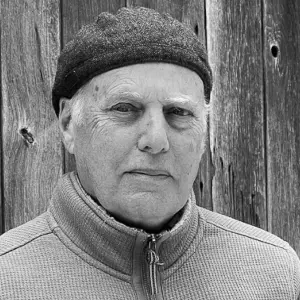 Barry Werth is an award-winning journalist and the acclaimed author of seven books. His landmark first book, The Billion-Dollar Molecule, recounts the founding and early struggles of a start-up pharmaceutical company. Werth’s articles have appeared in The New Yorker, The New York Times Magazine and GQ, among others. He has taught journalism and nonfiction writing at Smith, Mount Holyoke, and Boston University. He lives in Northampton, Massachusetts.
Barry Werth is an award-winning journalist and the acclaimed author of seven books. His landmark first book, The Billion-Dollar Molecule, recounts the founding and early struggles of a start-up pharmaceutical company. Werth’s articles have appeared in The New Yorker, The New York Times Magazine and GQ, among others. He has taught journalism and nonfiction writing at Smith, Mount Holyoke, and Boston University. He lives in Northampton, Massachusetts.
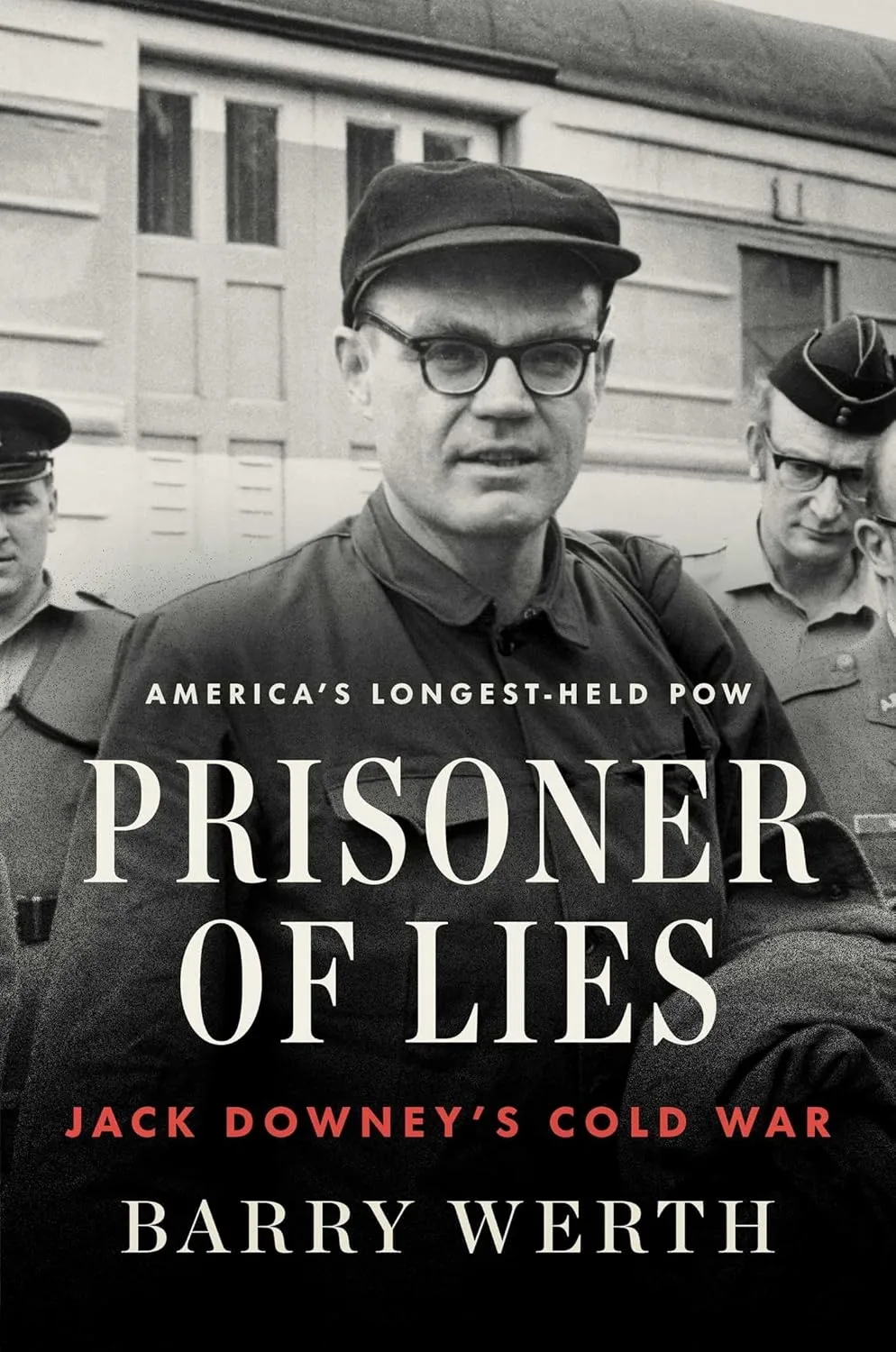
Publish Date: 8/20/2024
Genre: Biography, Nonfiction
Author: Barry Werth
Page Count: 448 pages
Publisher: Simon & Schuster
ISBN: 9781501153976
[ad_2]
View Original Source Here

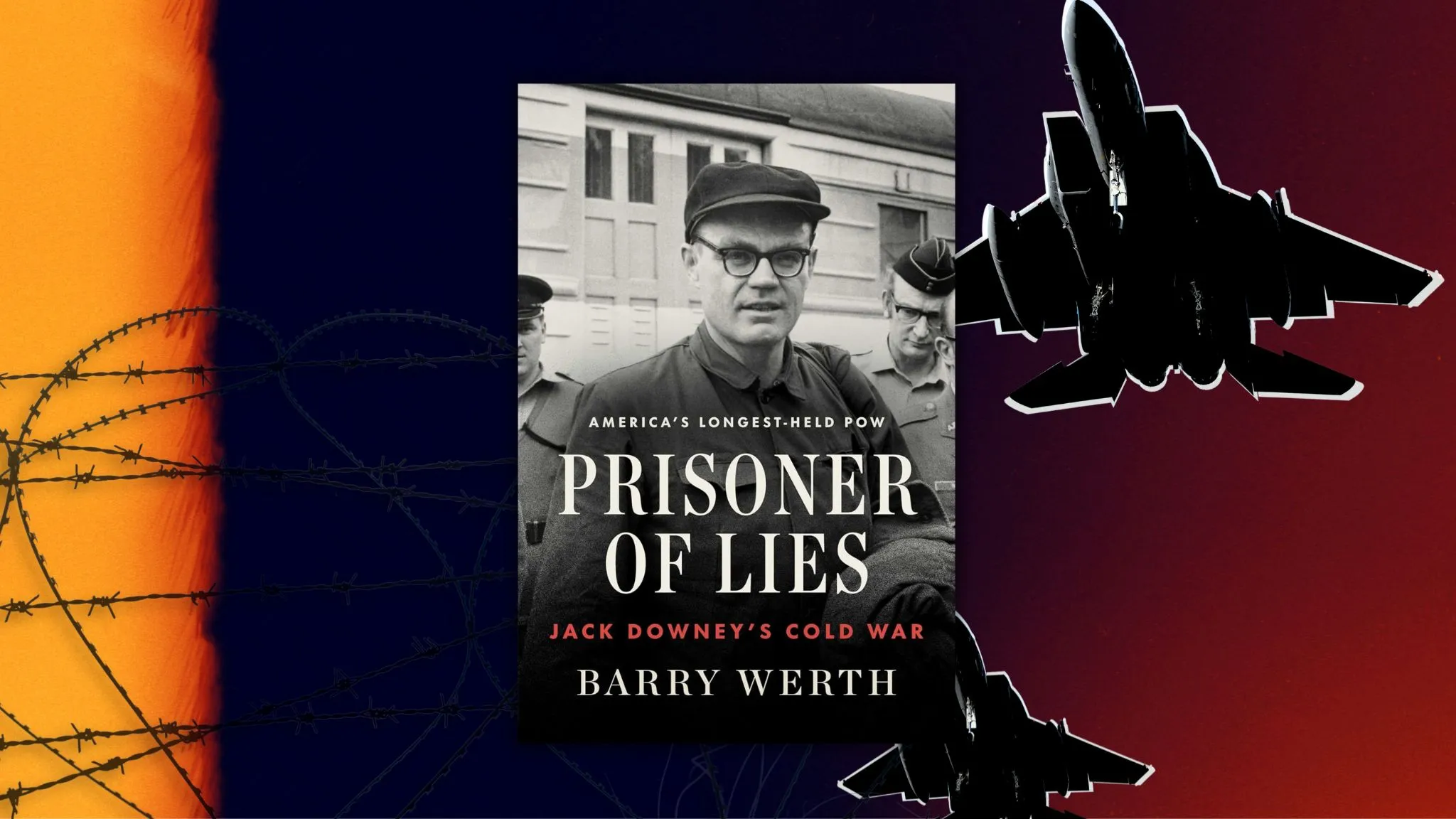















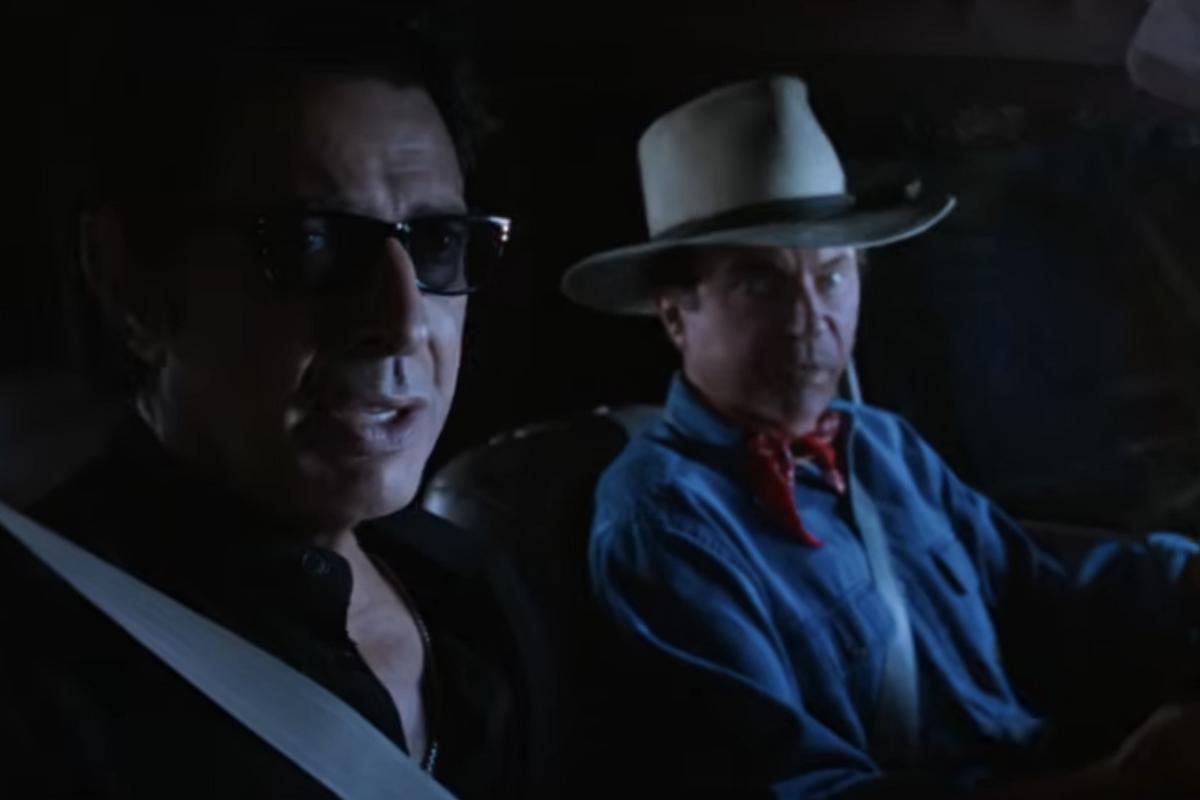










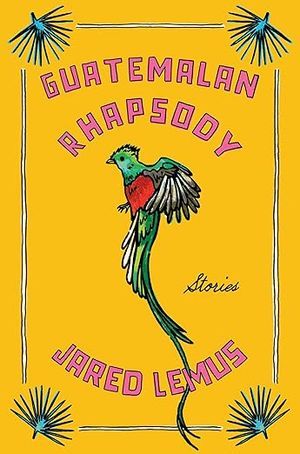
:quality(85):upscale()/2026/02/02/039/n/1922564/64cfff5c698139b8e3a320.43487307_.jpg)
:quality(85):upscale()/2025/02/12/809/n/1922564/0bad645867ace78c3a1764.72612350_.png)





